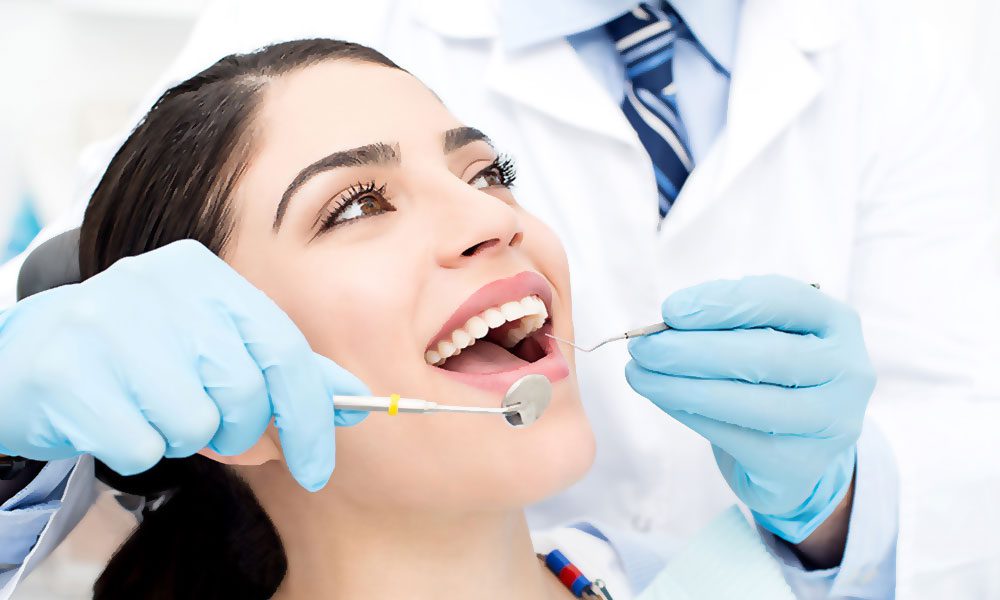
Introduction
Dentistry has emerged as one of the most promising sectors in the modern healthcare industry. With approximately 73% of the global population actively focusing on dental care and hygiene, the demand for qualified dental professionals is growing rapidly. This increased awareness has created significant opportunities for dental graduates, making dentistry a rewarding and future-proof career choice. Pursuing a Bachelor of Dental Surgery (BDS) is a smart step toward entering this dynamic field.
In this article, we have given the details of BDS course offered at any Dental College, along with its eligibility criteria, curriculum, specializations, and tips on choosing the right path in dentistry.
BDS at Dental Colleges in India
The course is designed to equip students with the knowledge and skills required for a successful career in the dental field.
Course Overview:
|
Feature |
Details |
|
Course Name |
Bachelor of Dental Surgery (BDS) |
|
Level |
Undergraduate |
|
Mode |
Semester-wise |
|
Course Focus |
Training in dental practices, techniques, and patient care, emphasizing oral health and hygiene |
Eligibility Criteria:
- Candidates must be at least 17 years old.
- Must have completed 10 2 with Physics, Chemistry, and Biology as core subjects.
- A minimum of 50% aggregate in 10 2 is required.
- Admission is based on the NEET entrance exam score.
BDS Curriculum and Subjects
The BDS curriculum at Dental Colleges offers a thorough understanding of dental science, covering both theoretical and practical aspects.
Sample Curriculum:
First Year
|
Semester I |
Semester II |
|
General Human Anatomy including Embryology and Histology |
Dental Materials |
|
General Human Physiology and Biochemistry, Nutrition, and Dietetics |
Preclinical Prosthodontics, and Crown and Bridge |
|
Dental Anatomy, Embryology, and Oral Histology |
- |
Second Year
|
Semester III |
Semester IV |
|
General Pathology and Microbiology |
Preclinical Prosthodontics, and Crown and Bridge |
|
General and Dental Pharmacology and Therapeutics |
Oral Pathology and Oral Microbiology |
|
Preclinical Conservative Dentistry |
- |
Third Year
|
Semester V |
Semester VI |
|
General Medicine |
Oral and Maxillofacial Surgery |
|
General Surgery |
Oral Medicine |
|
Pedodontics |
Radiology |
|
Conservative Dentistry and Endodontics |
Public Health Dentistry |
|
Orthodontics & Dentofacial Orthopedics |
Prosthodontics |
|
- |
Pediatric Dentistry |
Fourth Year
|
Semester VI |
Semester VII |
|
Pedodontics |
Oral & Maxillofacial Surgery |
|
Orthodontics & Dentofacial Orthopedics |
Prosthodontics and Crown & Bridge |
|
Oral Medicine and Radiology |
Conservative Dentistry and Endodontics |
|
Paediatric and Preventive Dentistry |
Community Program Orientation and Practice |
|
Periodontology |
- |
Final Year:
Focuses on practical applications, comprehensive oral healthcare, accident and emergency medicine, and advanced specialties. The list of specialization is given below under which one student focuses in his/her final year.
|
Pedodontics & Preventive Dentistry |
|
Periodontics & Oral Medicine |
|
Diagnosis and Radiology |
|
Accident and Emergency Medicine |
|
Conservative Dentistry and Endodontics |
|
Oral and Maxillofacial Surgery |
|
Oral Pathology and Microbiology |
|
Public Health Dentistry |
|
Comprehensive Oral Health Care |
Exploring BDS Specializations
While BDS itself does not offer specialization at the undergraduate level, it introduces students to various areas of dentistry that can be pursued in MDS (Master of Dental Surgery). Here are some common specialization fields:
|
Orthodontics |
Correcting misaligned teeth and jaws |
|
Periodontics |
Treating gum and supporting tooth structures |
|
Prosthodontics |
Replacing missing teeth with prosthetics |
|
Endodontics |
Root canal treatments and pulp care |
|
Oral Medicine & Radiology |
Diagnosis through clinical exams and imaging |
|
Pedodontics |
Dental care for children |
|
Public Health Dentistry |
Promoting oral health at a community level |
How to Choose the Right Specialization
Step-by-step Guide:
- Learn about all specialization areas during your BDS program.
- Identify your interests based on subjects and clinical exposure.
- Evaluate the career scope and opportunities in your top areas of interest.
- Compare salary expectations and demand in each specialization.
- Shortlist your top 3 preferences based on passion and prospects.
- Find a college offering strong MDS programs in your chosen specializations.
Choosing the right path involves balancing your interests with career growth and practical opportunities.
Conclusion
As dentistry continues to evolve and grow in importance, pursuing a BDS degree opens the door to a fulfilling and respected career. With strong academic training and a wide range of future specializations, dental education offers excellent opportunities for personal and professional growth. Choosing the right college and course can make all the difference.
FAQs
- Is NEET mandatory for BDS admission?
Yes, qualifying NEET is compulsory for admission to BDS programs in India, as per the Dental Council of India. - Is BDS a 3-year course?
No, BDS is a 5-year program, which includes 4 years of academic study and 1 year of mandatory rotatory internship. - Is BDS equivalent to being a doctor?
While BDS focuses on dental science and MBBS covers general medicine, both are recognized medical degrees at the undergraduate level. BDS graduates are often referred to as "Doctor." - Is BDS a difficult course?
The difficulty depends on your interest and commitment. If you’re passionate about dental science, the BDS course is manageable and rewarding.